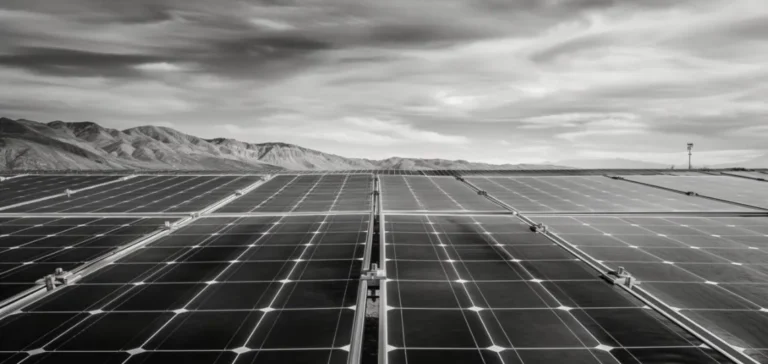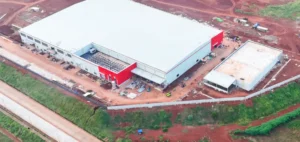Zelestra, an international company specialising in renewable energy, has obtained $282mn financing for the Aurora hybrid project located in the Tarapacá region of Chile. This financing package was structured with Natixis Corporate and Investment Banking (Natixis CIB) and BNP Paribas, with a VAT facility granted by Banco de Crédito e Inversiones (BCI). The operation enables Zelestra to reach financial close for the implementation of this project, which combines a 220 MWdc solar plant and approximately 1 GWh of energy storage capacity.
One of the largest storage projects in Latin America
The Aurora project stands out due to its size and hybrid configuration, combining both solar generation and a large-scale storage solution. According to Zelestra, it is one of the largest battery energy storage systems on the South American continent. The company designed a customised multi-technology solution to guarantee a secure supply of solar electricity to the Chilean company Abastible, particularly during nighttime hours, through a long-term power purchase agreement.
The agreement reached with Abastible, a leading player in the Chilean liquefied petroleum gas market and increasingly active in the electricity sector, secures the project’s profitability through a strong contract framework. This partnership is based on the Aurora facility’s capacity to supply up to 600 GWh of renewable electricity annually, a volume equivalent to the annual consumption of 200,000 Chilean households, according to figures published by Zelestra.
Project execution managed in-house by Zelestra
The implementation of the Aurora project is led by Zelestra’s internal Engineering, Procurement and Construction (EPC) division, ensuring full control over schedules and costs. The company reports that construction is already underway, with current efforts focused on meeting the planned delivery objectives.
Leo Moreno, Chief Executive Officer of Zelestra, stated that this transaction “reinforces the financial community’s confidence in the company’s multi-technology development strategy” and highlights the scale of the Aurora initiative within the regional storage market. According to Zelestra, the Aurora project addresses the growing demand for hybrid energy solutions on the Chilean market through a model based on long-term private contracts.
The scale of the investment and the financial structuring involving several international banks reflect the current momentum for financing hybrid projects combining solar generation and storage, attracting increasing interest from institutional investors in South America.






















